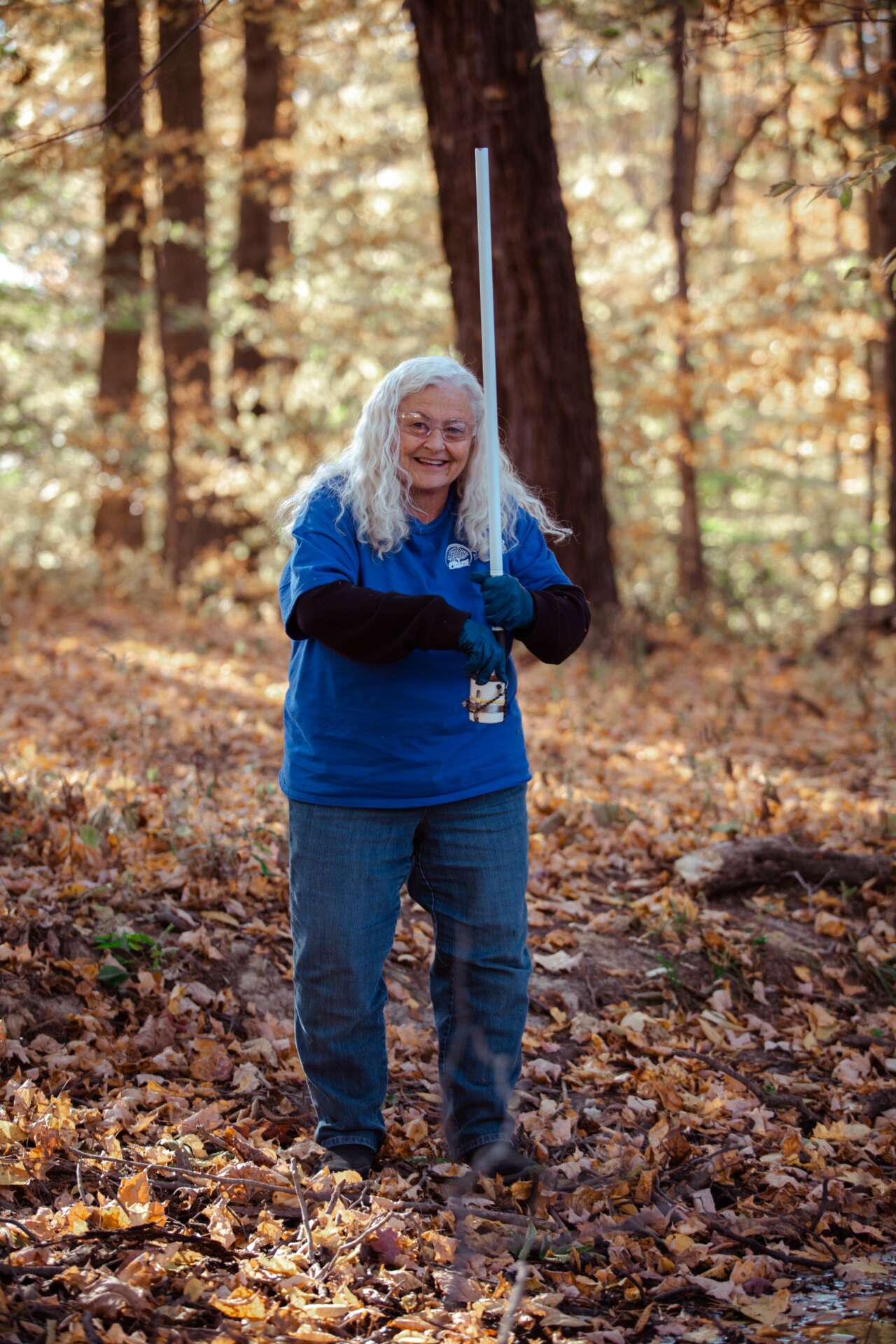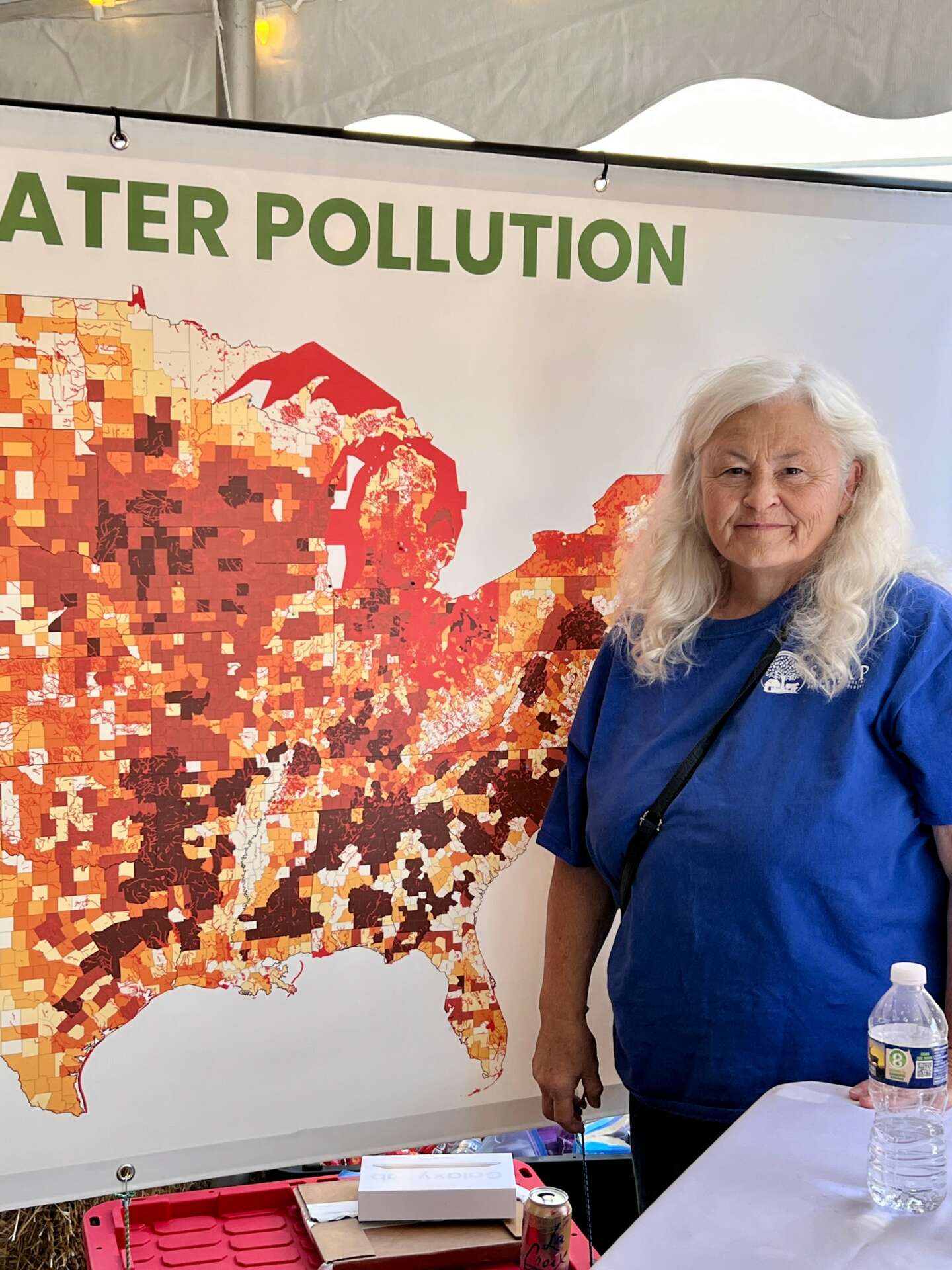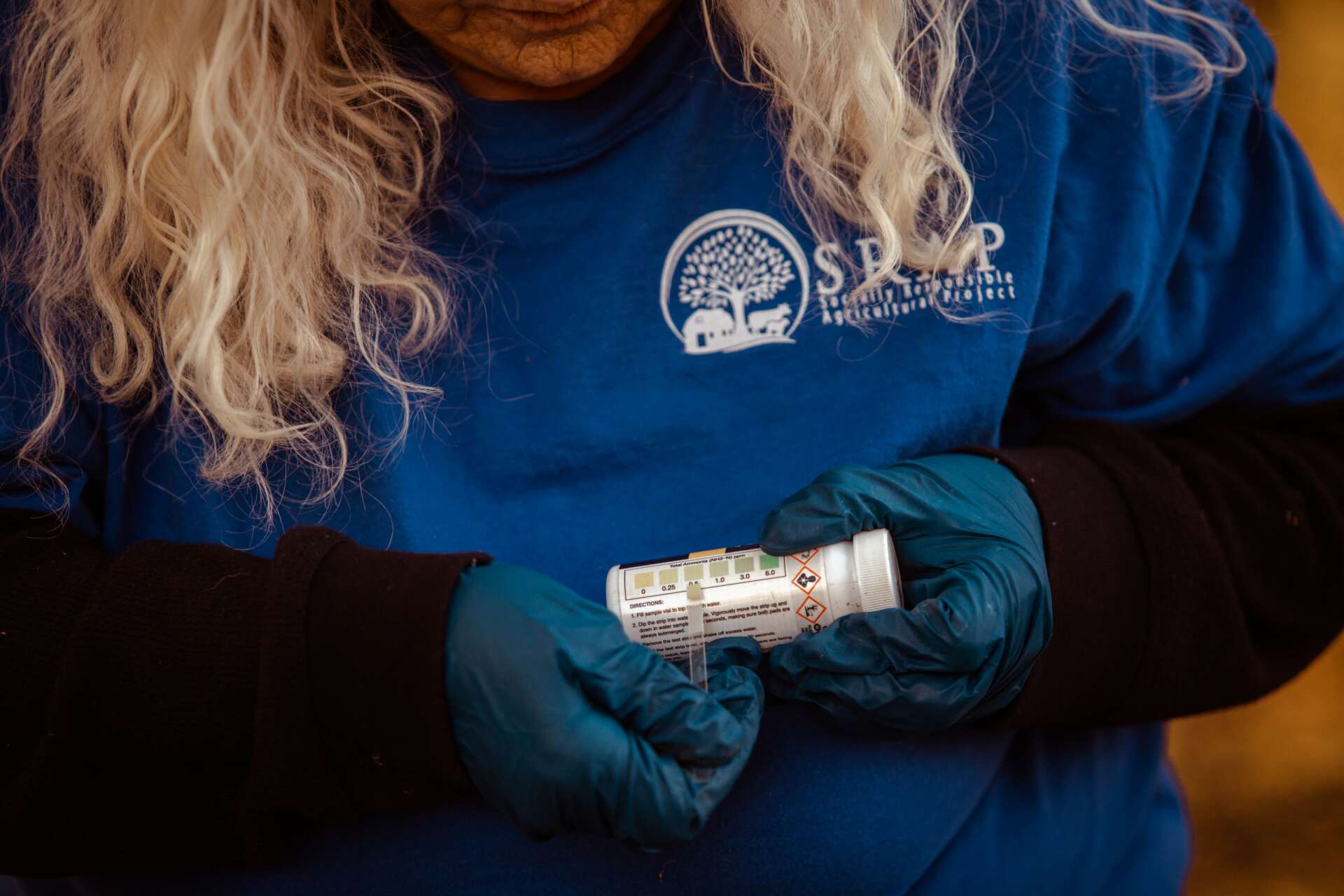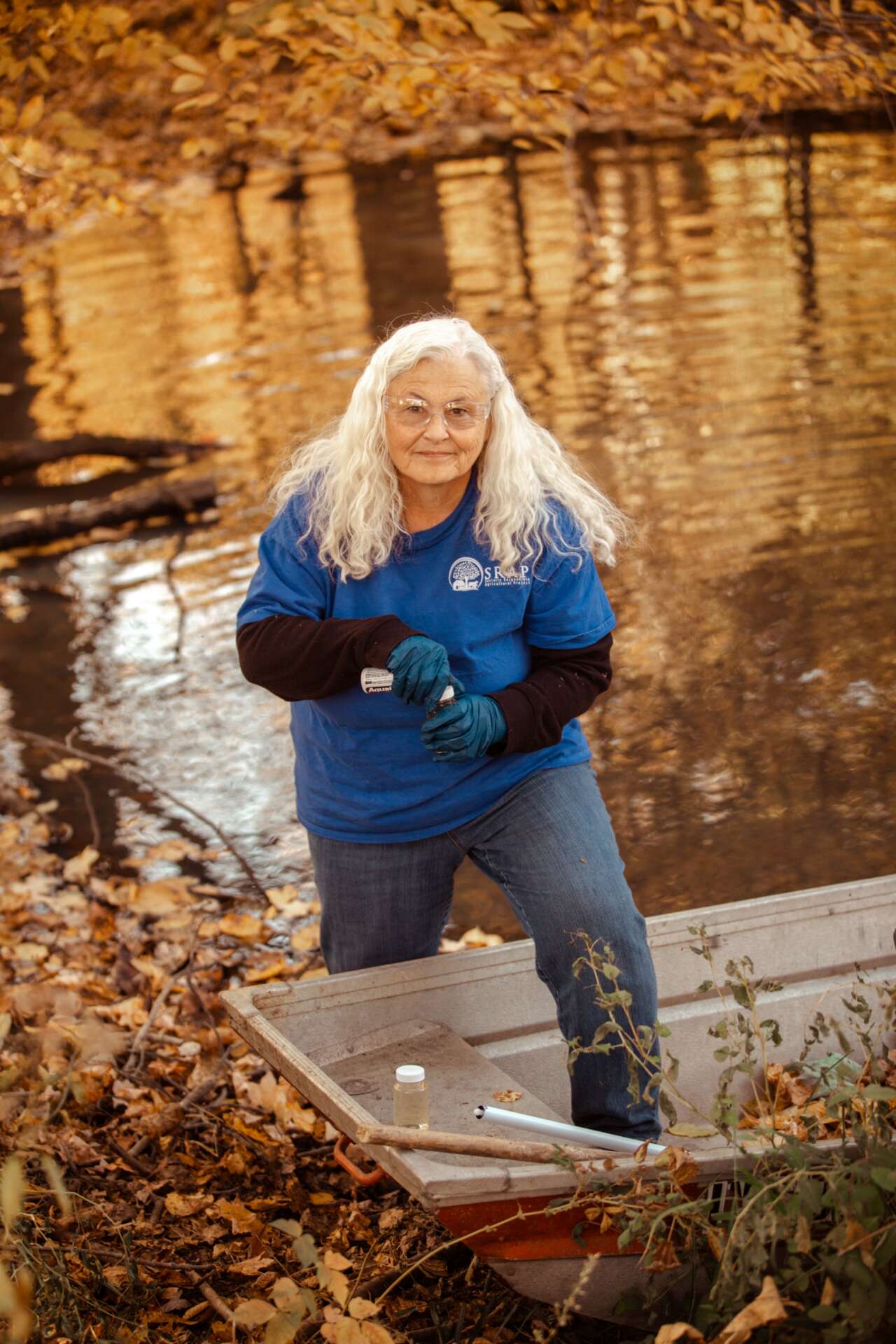We recently connected with Lynn Henning and have shared our conversation below.
Lynn , thanks for taking the time to share your stories with us today Was there a defining moment in your professional career? A moment that changed the trajectory of your career?
My husband and I farm 300 acres of corn and soybeans in Lenawee County, Michigan. Our farm is located within 10 miles of 12 industrial livestock operations,
In 2000, my husband and I were accused of reporting a factory farm to state officials for illegally discharging manure into the environment. The accusation sparked my curiosity about the impact industrial livestock operations are having on my community.
Factory farms confine thousands—and sometimes millions—of animals without adequate space or access to open air or posture. These operations produce nearly 13 times more waste than the entire U.S. population.
But unlike municipalities, they aren’t required to build sewage treatment facilities to safely process all that waste. Instead, it’s stored in open pits called “manure lagoons” and applied untreated to surrounding land.
The experience got us thinking about how all that waste was affecting our community. We figured the only way to find out was to test water from our local waterways.
We helped form a group called Environmentally Concerned Citizens of South Central Michigan and started contacting state and federal officials about the pollution we were finding with our water testing.
After collecting as much information as possible about factory farm spills, their location, and points of origin, we realized industrial animal agriculture was polluting our land and drinking water.
It was this moment we knew our lives would never be the same. Our eyes were opened and we couldn’t unseen what factory farms were doing to our community.
Fast forward 23 years later and I am still sounding the alarm about the egregious polluting practices of industrial livestock operations in rural Michigan.
Today, in my role as director of Socially Responsible Agriculture Project’s (SRAP) Water Rangers Program, I work with rural communities to protect their right to clean water and hold factory farms accountable for pollution.


Awesome – so before we get into the rest of our questions, can you briefly introduce yourself to our readers.
I became an advocate for holding industrial livestock operations accountable for pollution after my husband and I were accused of reporting a factory farm to state officials for illegally discharging manure into the environment.
The experience sparked our journey as advocates for rural communities harmed by industrial livestock operations.
I currently serve as director of SRAP’s Water Rangers Program, which provides free water monitoring training and offers instructions on documenting and reporting pollution violations to the U.S. Environmental Protection Agency and state and local regulators.
Rural residents living near factory farms are on the front lines of a water pollution crisis that threatens their health, environment, and quality of life.
The Water Rangers Program works to build strong networks of community scientists who monitor waterways across the U.S., reversing a decades-long trend of industrial livestock pollution and keeping our environment healthy one stream at a time.



Training and knowledge matter of course, but beyond that what do you think matters most in terms of succeeding in your field?
Being a farmer has helped shape my perspective about the importance of caring for Mother Earth. Farmers who grow food with socially responsible agriculture can rebuild critically needed topsoil, reduce water pollution and air pollution, strengthen rural economies, and support human health and food security, all while providing climate resiliency.
A good farmer also honors the rural code of doing no harm to your neighbors. Industrial livestock operations ignore that code completely and cause devastating impacts on the economic and social fabric of rural communities.
We’d love to hear a story of resilience from your journey.
When my husband and I started testing local waterways and documenting and reporting pollution violations to regulars, people in the industry retaliated against us. One example of this is when my 20-month-old granddaughter had her bedroom window shot out. We also had dead animals left on our porch, in our mailbox, and on our vehicles.
Despite the threats against us, we made a choice to stand up and fight for our rights. My family—and our community—deserve better!
Contact Info:
- Website: sraproject.org
- Instagram: https://www.instagram.com/sraproject/
- Facebook: https://www.facebook.com/sraproject
- Linkedin: https://www.linkedin.com/company/76484954/admin/feed/posts/
- Twitter: https://twitter.com/SRAProject
- Youtube: @sociallyresponsibleagricul6819
Image Credits
SRAP


